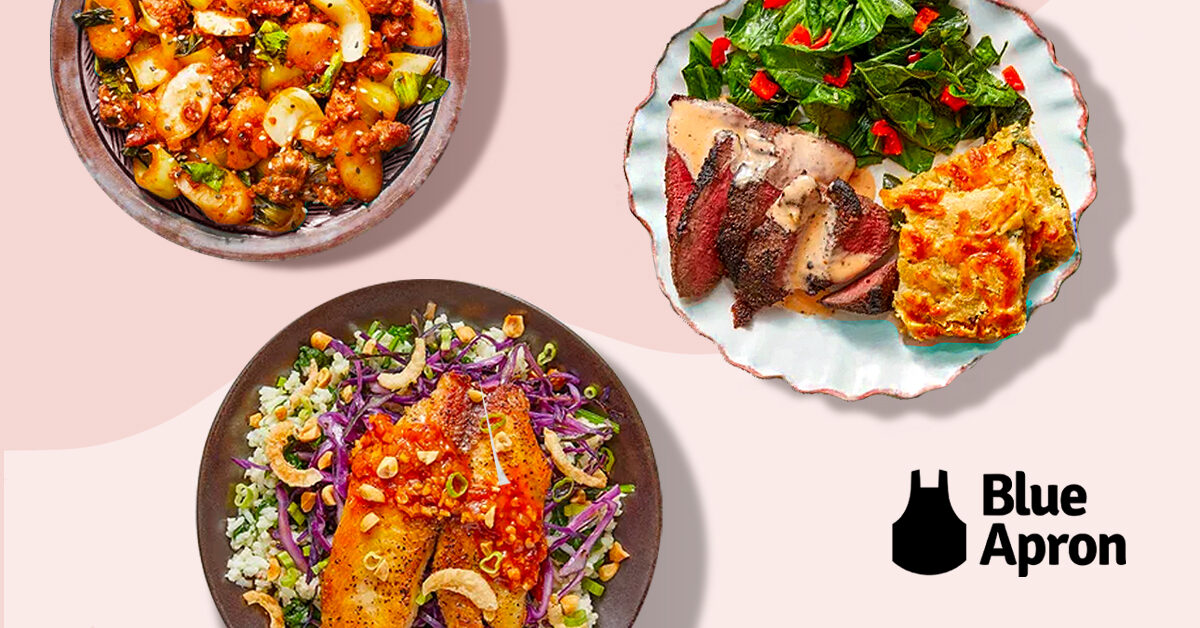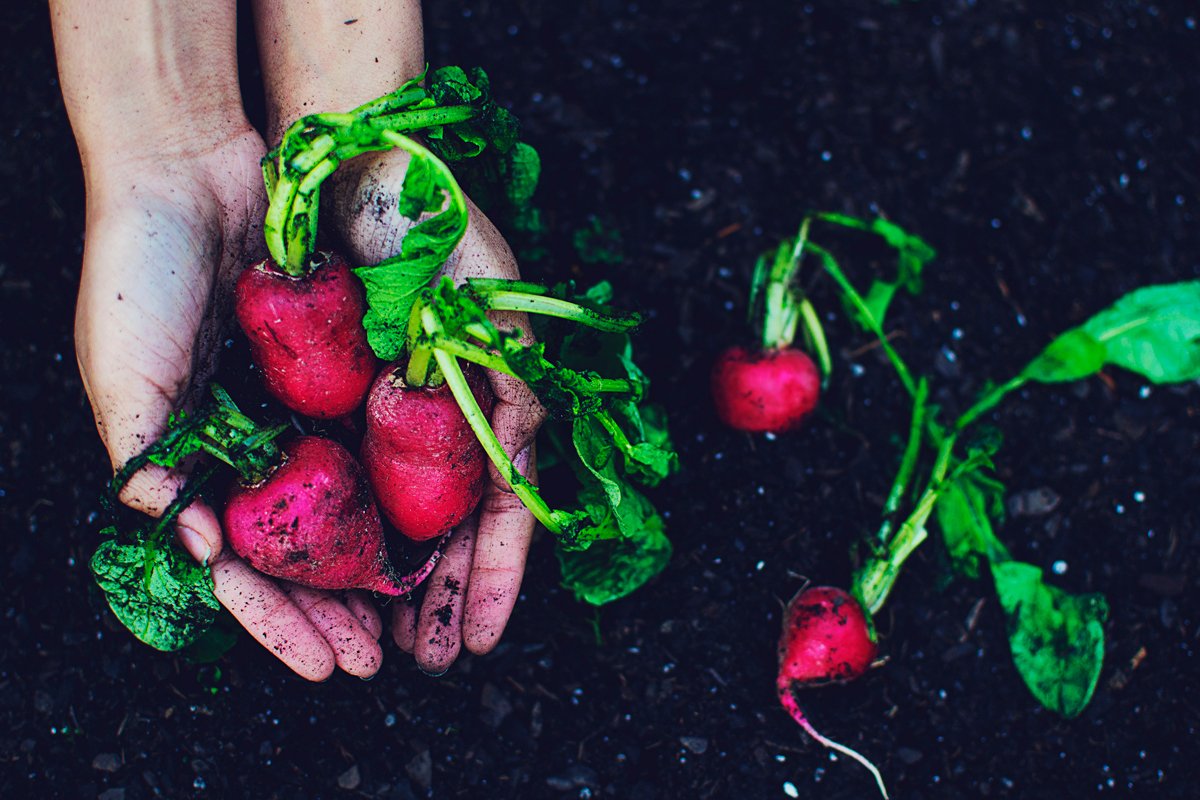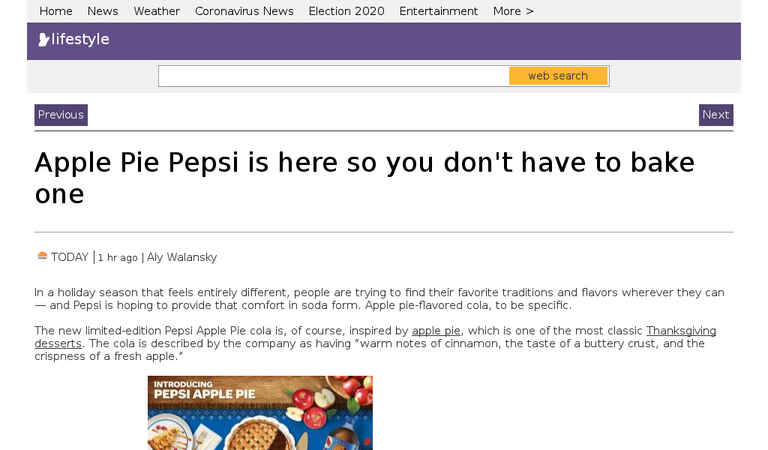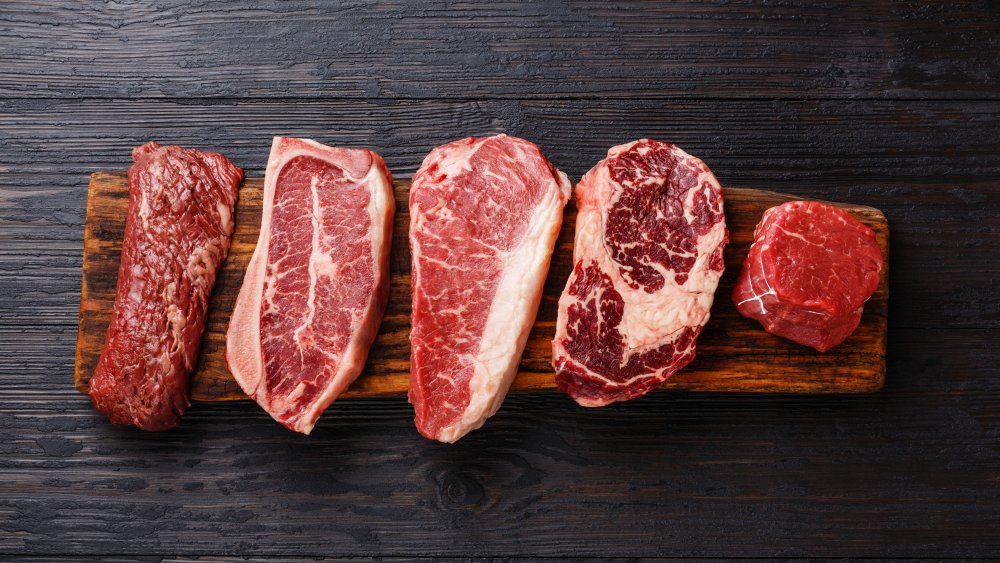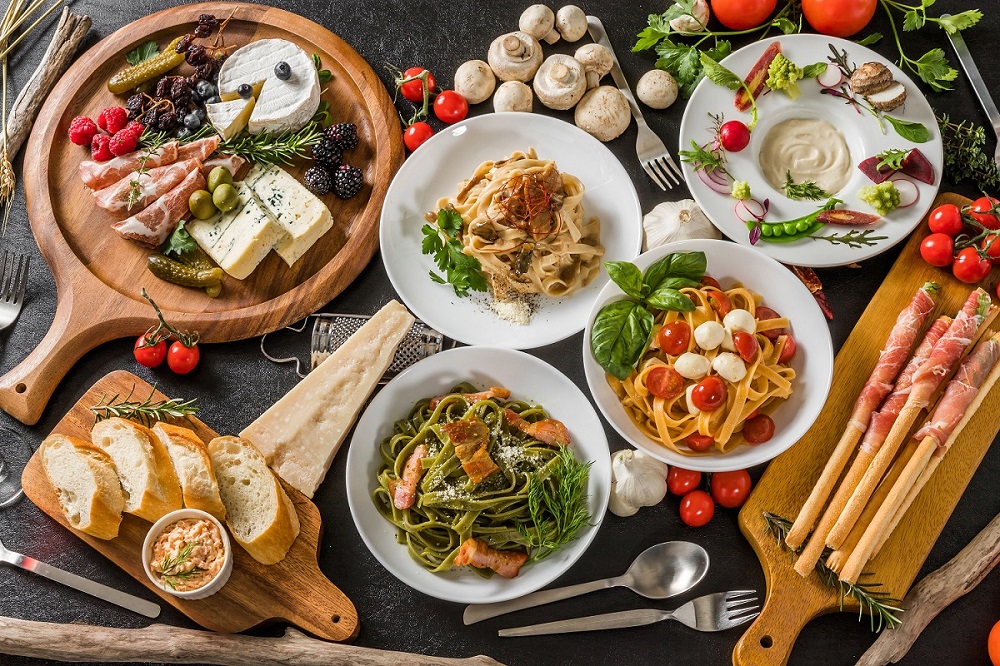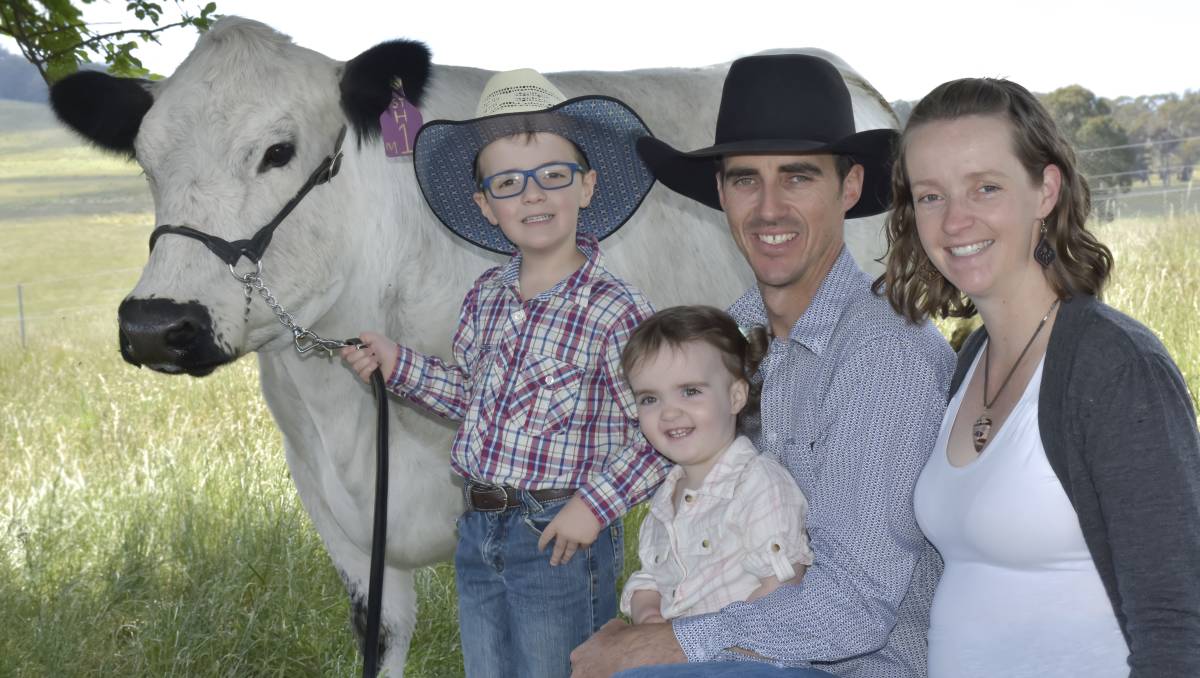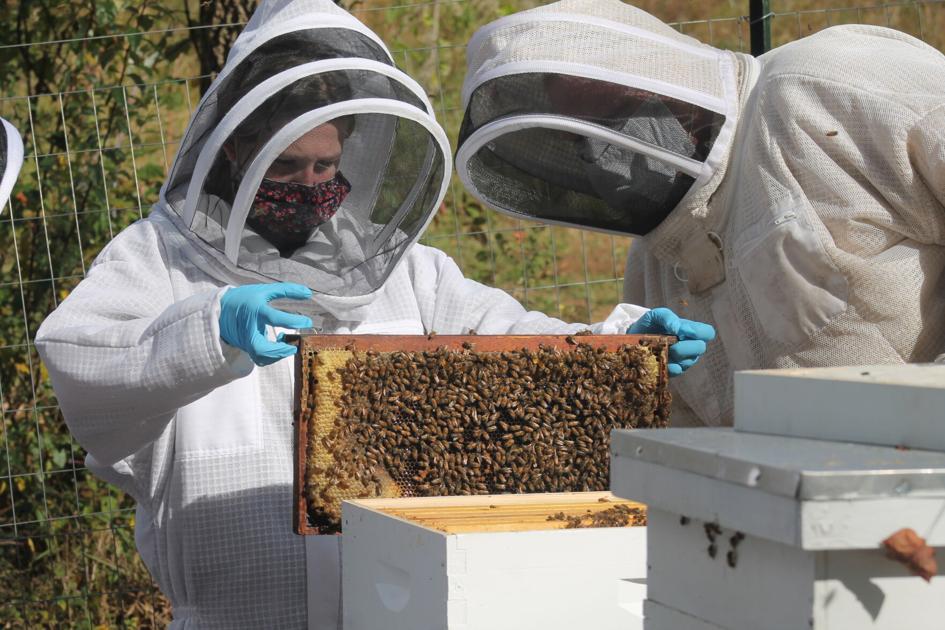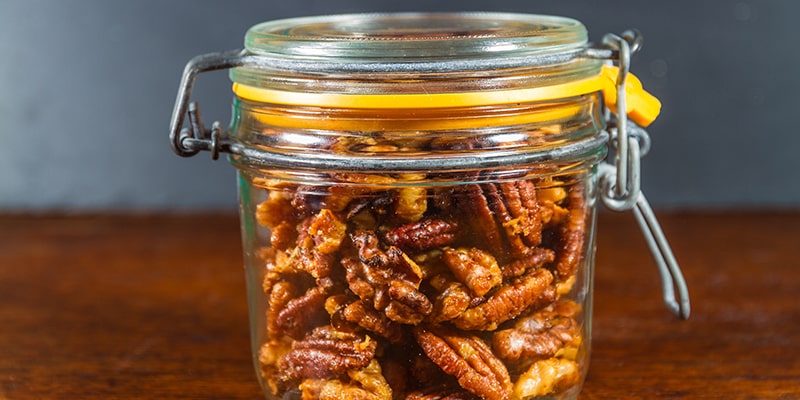 Randy Krotz
Randy Krotz
Topics: Food/Nutrition, Ag Global Specialty Food, Consumer/Retail,
Blue Apron Review: How It Works, Pros, Cons, and More
Blue Apron is a meal kit delivery service that offers a wide variety of appealing recipes for people with no specific dietary needs. This article reviews how Blue Apron works, its pros and cons, and how it compares with competitors.
-
(1)
-
Bookmark
- Comments (0)
11/18/2020 SOURCE: civileats.com
A decade after writing a book about agriculture's connection to climate change, Anna Lappé interviews the author of a new study that confirms we can’t bring down emissions without addressing the food system.
New Research Confirms What We Eat Is Central to the Climate Crisis | Civil Eats
-
(0)
-
Bookmark
- Comments. (0)
 Randy Krotz
Randy Krotz
Topics: Food/Nutrition, Consumer/Retail,
Apple Pie Pepsi is here so you don't have to bake one
But it won't be available in stores. Here's how to get it.
-
(1)
-
Bookmark
- Comments (0)
11/17/2020 SOURCE: www.mashed.com
The rift in quality between a great steak and a bad steak is perhaps greater than any other food; just as the best can make your day, so too can the worst totally ruin it. These are some of the most famous cuts of steak, ranked from the very worst to the very best.
Cuts of steak, ranked worst to best
-
(0)
-
Bookmark
- Comments. (0)
11/16/2020 SOURCE: edairynews.com
All the news of the international dairy market in one site
‘Yogurt Ladies’ of South Korea Deliver More Than Dairy
-
(0)
-
Bookmark
- Comments. (0)
11/16/2020 SOURCE: www.fdiforum.net
Israeli foodtech start-up, ChickP Protein, has launched a next-gen native starch developed from chickpeas for food and beverage applications.
Foodtech start-up launches next-gen native starch made form chickpeas
-
(0)
-
Bookmark
- Comments. (0)
 John LaRose Jr.
John LaRose Jr.
Topics: Dairy, Food/Nutrition, Sustainability, Research, Trade (Commodities), Ag Australia/NZ,
Heartbreaker embryos worth $5050 each
Battalion stud at Dundee have sold embryos in their top producing female.
-
(0)
-
Bookmark
- Comments (0)
 John LaRose Jr.
John LaRose Jr.
Topics: Agriculture US, Beekeeping, Young Farmers, Food/Nutrition, Sustainability, Regenerative Agriculture, Pollinators, Education,
-
(0)
-
Bookmark
- Comments (0)
 John LaRose Jr.
John LaRose Jr.
Topics: Beekeeping, Beyond Organic , Food/Nutrition, Sustainability, Ag Global Specialty Food, World Hunger, Government / Policies, World Population, Pollinators,
Betting on the untapped potential of Angolan honey
The federal government sees honey as a product that might assist diversify the nation’s oil-dependent financial system and is
-
(0)
-
Bookmark
- Comments (0)
 John LaRose Jr.
John LaRose Jr.
Topics: Education U.S. SouthWest, Food/Nutrition, Sustainability, Research, Ag Global Specialty Food, Pecans,
Texas A&M AgriLife offers consumer tips on pecans | AgriLife Today
Changes in consumer behavior - cooking, health - have greatly enhanced the interest in pecans as both a holiday and everyday food.
-
(0)
-
Bookmark
- Comments (0)


